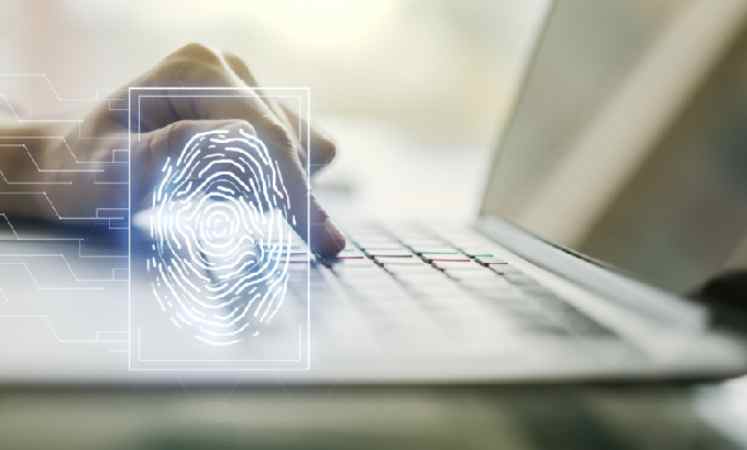Fingerprint Clocking Legal
According to reports, time theft costs firms in the United States more than $400 billion in lost productivity each year. Furthermore, according to Software Advice research, 43% of hourly workers exaggerate the amount of time they work during their shifts. Employers are using biometric time clocks to avoid time theft. According to the Software Advice poll, biometric time clocks appear to be the most effective technique to combat time theft, with only 3% of employees admitting to stealing time this way.
If you are considering installing a biometric time clock in your office, you might wonder what the legal ramifications are. Consult New Jersey business lawyers today to learn more.
As many industries continue increasing their digital service usage, data management is becoming an increasingly hot subject. Furthermore, after years of high-profile data breaches, the general public is increasingly careful with their data. As a result, new data protection legislation is being established annually, and this trend will continue in tandem with the rise of digital services. Furthermore, as technology evolves, so will the privacy standards governing data.
Do not panic if you are going to deploy biometric time and attendance. The systems are entirely lawful. That being said, you must be aware of any regulations governing biometric data collecting and employee permission.
Table of Contents
Why is biometric time clock law needed?
Biometric time clocks simplify employee attendance management, automate payroll processing, and more. These systems require some type of personal biometric information to work so that employees may remain approved.
Biometric information is a very sensitive kind of personal information, whether the time clock employs fingerprints, irises, or face recognition as a form of ID. The Biometric data must remain safely maintained, just as you would not leave employee contracts lying around the workplace in plain sight.
Biometric time clock rules aid in protecting employees’ data and provide employers with clear advice on how to process and safeguard the information fairly. It also aids in ensuring that businesses and third parties do not sell or profit from personal data.
The biometric privacy laws you need to know
Currently, no single, comprehensive federal legislation governs the use of biometrics. Several states, however, have implemented legislation governing the use of biometric data in the workplace. Furthermore, businesses must be mindful of foreign privacy rules, particularly if their activities are transnational.
As the usage of biometric data grows more popular, new privacy rules will likely remain enacted. Therefore, before you begin biometric workforce management, ensure you are current on the most recent local and federal legislation. Fingerprint Clocking

